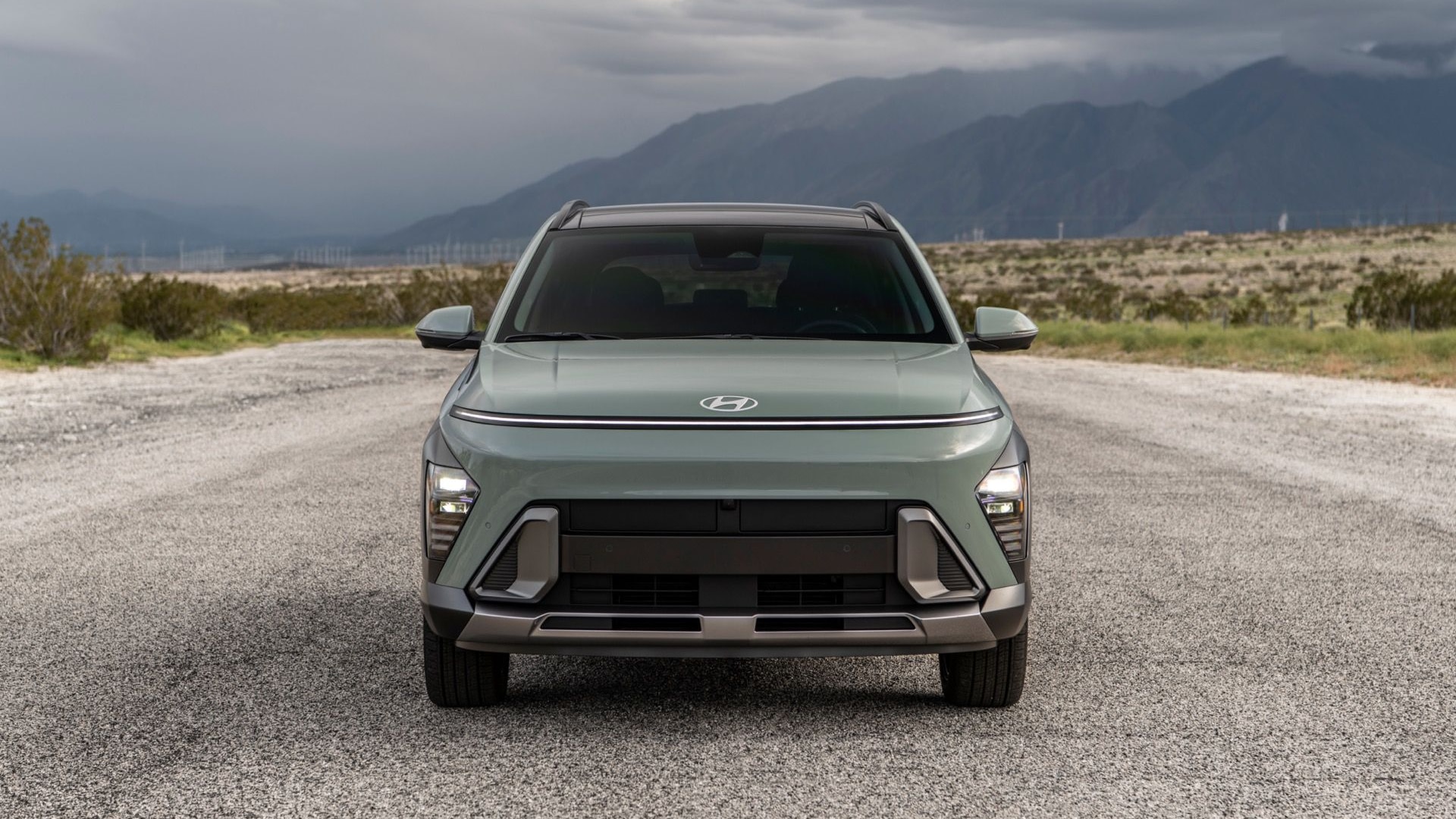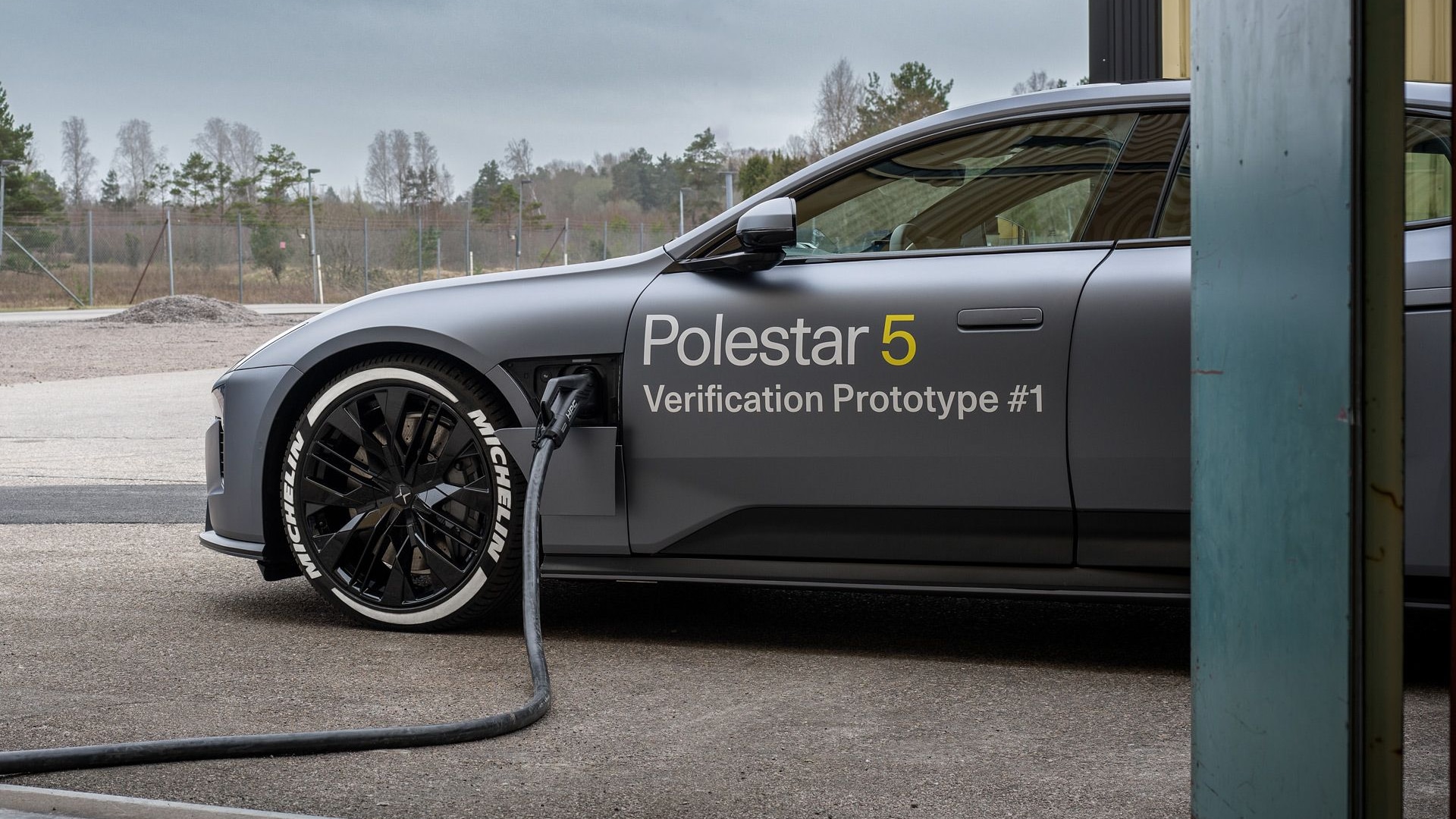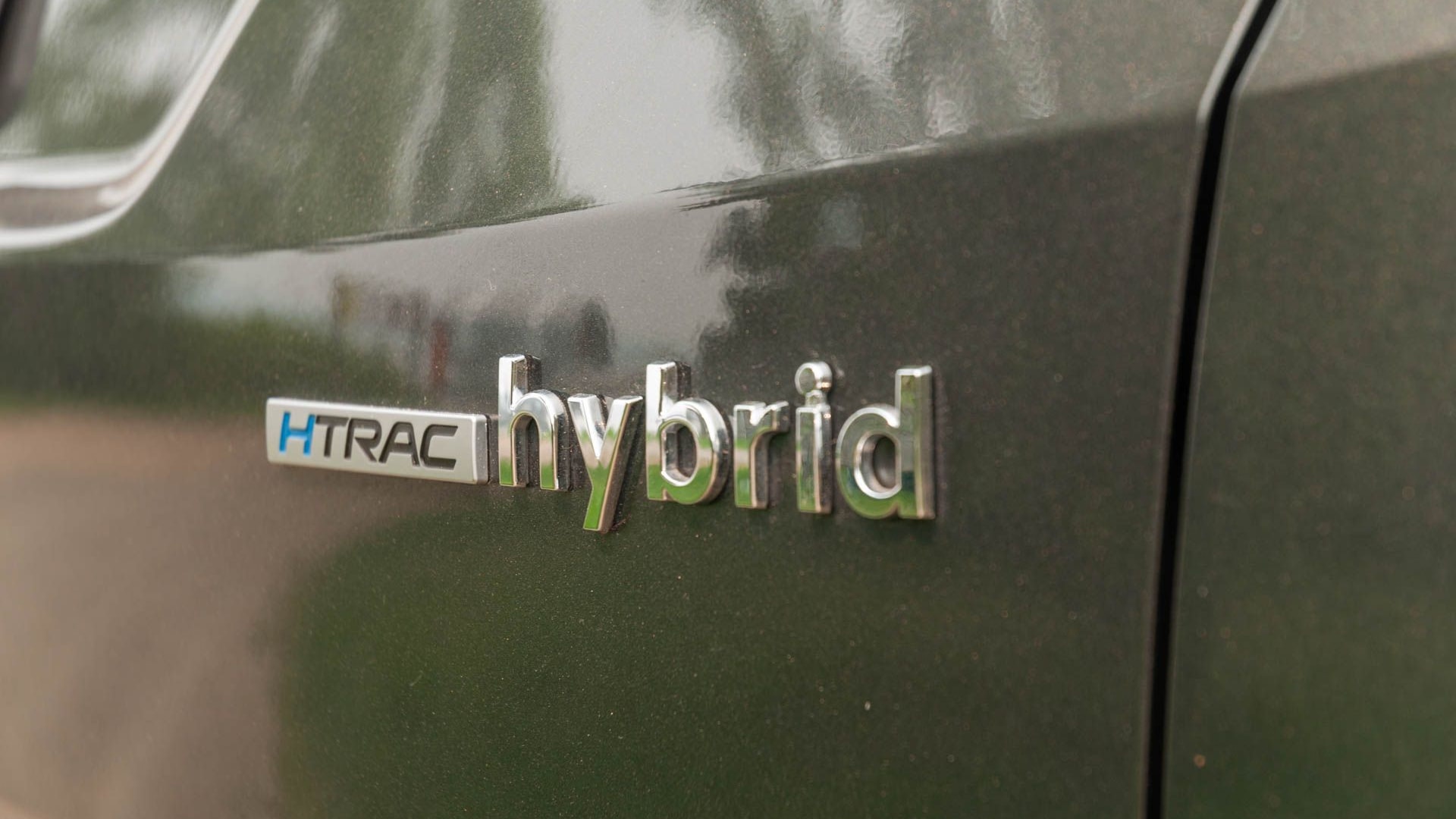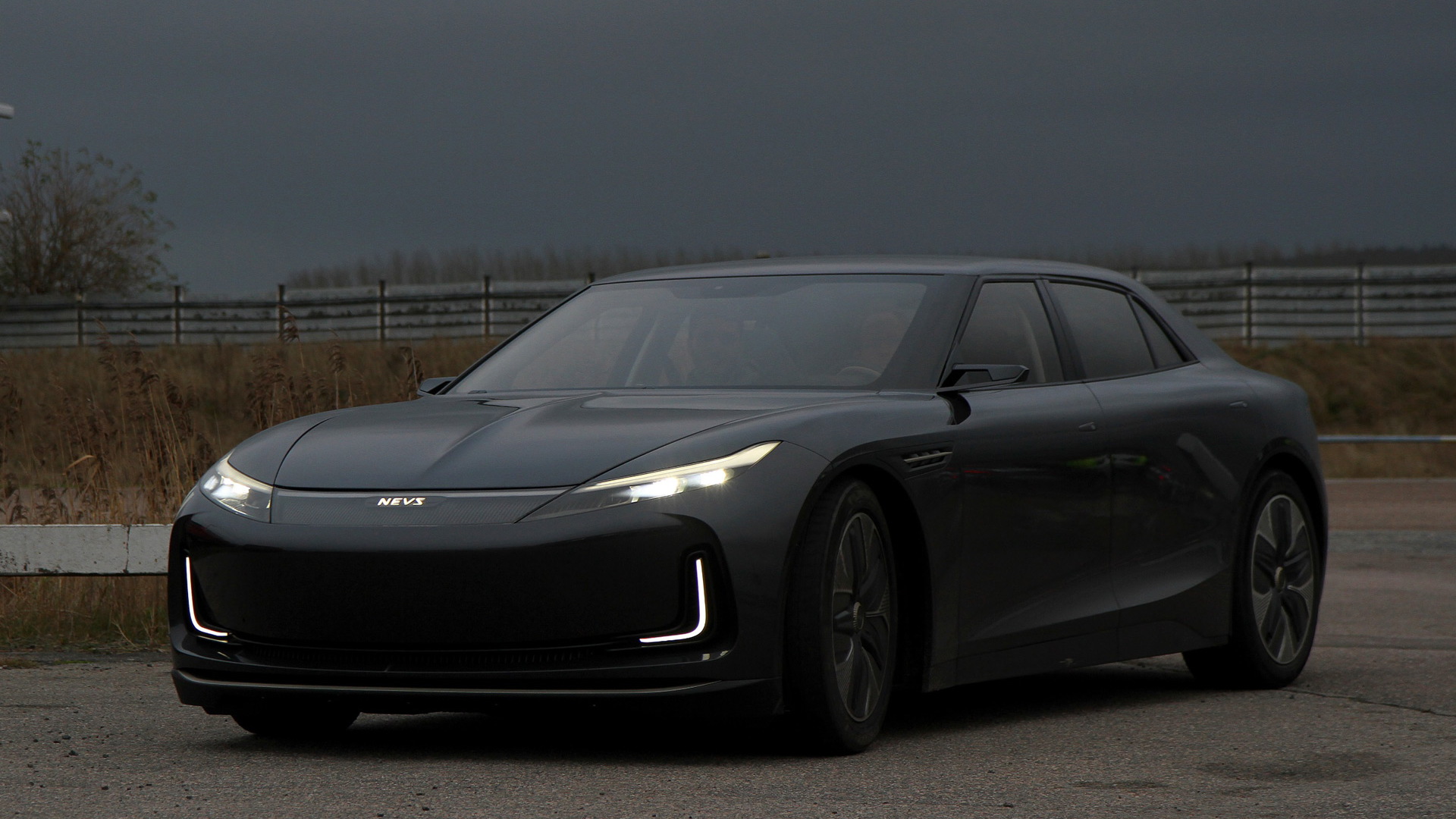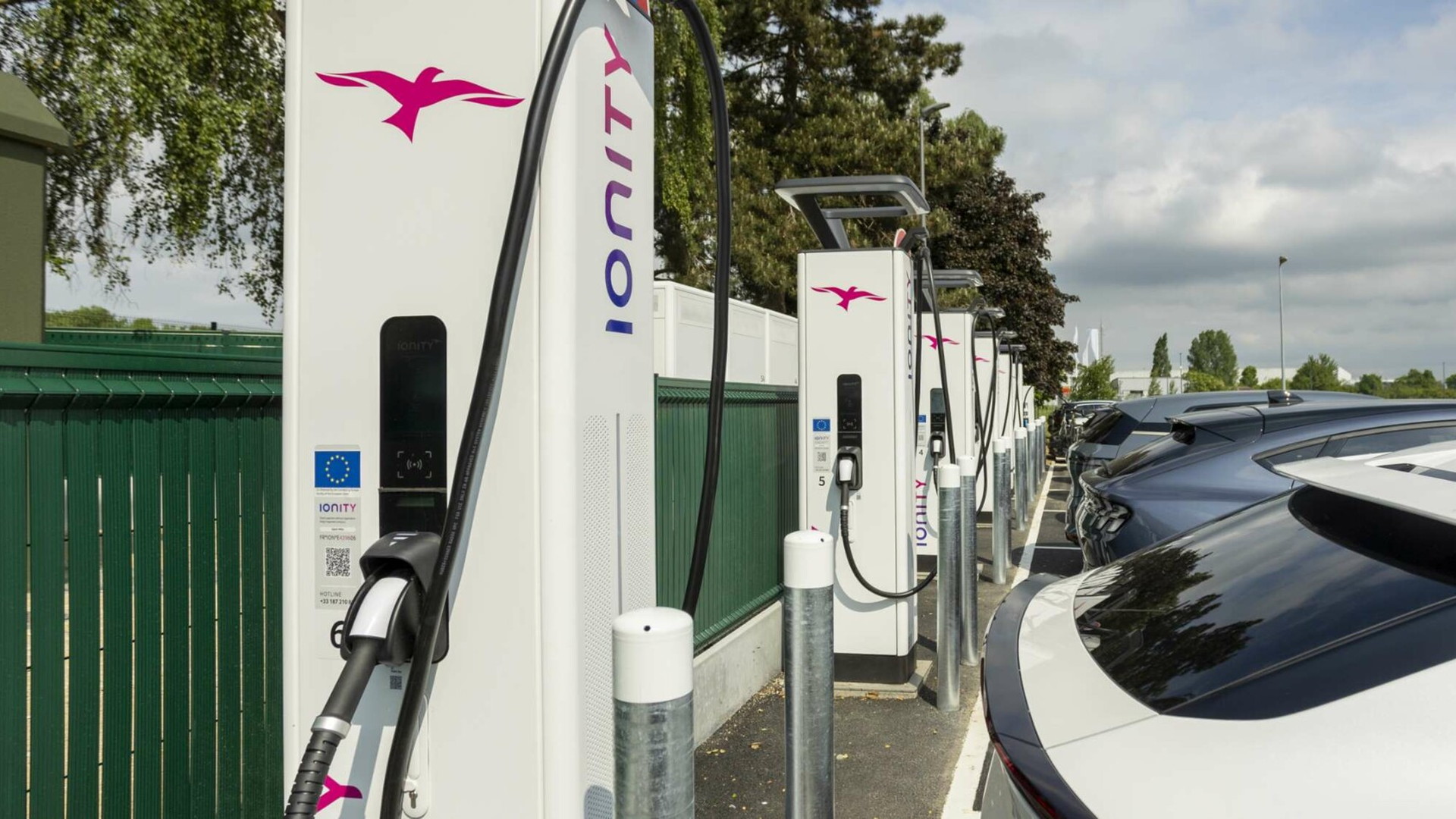How much would you be prepared to pay for an electric car with similar day-to-day capabilities to your existing vehicle?
$40,000 perhaps? Maybe you'd shoot lower for a $30,000 sticker price.
That's still too high for most customers, according to a new survey by Navigant Research (via Autoblog). In fact, a full 71 percent of the 1,084 consumers surveyed wanted their next car to cost under $25,000, while 41 percent of the total said they'd go no higher than $20,000.
It suggests there's still something of a problem for electric vehicle manufacturers, the majority of whom produce cars above this price point--Nissan's steady-selling Leaf starts at $29,650, including destination but excluding any applicable incentives, while Chevy's Volt starts at $34,995, including destination.
Only a handful of automakers sell EVs below this threshold--Smart's Electric Drive starts at $25,750 before any federal or local incentives, for instance--but these tend to be esoteric choices rather than realistic substitutes for a family's daily wheels.
It's not for the want of interest either--the Navigant survey found that 67 percent had favorable opinions on hybrid vehicles and a full 61 percent had positive impressions about electric vehicles. The interest appears to be there then, but the vehicles to take advantage of it are not.
The issue is still much broader than pricing, though. The survey's own figures reveal something we've known for some time: consumers just don't know enough about the vehicles on offer.
Just 44 percent of those surveyed were "somewhat familiar" with the Chevy Volt, and less than a third could say the same about the Leaf. We recently wrote about how most consumers were still unaware of electric vehicle incentives--and this almost certainly leads to drivers forgoing electric vehicles based on the sticker price, rather than the price they might actually be able to pay for the car.
And people still lack experience of electric vehicles that could entice them into buying one--the familiar "butts in seats" problem.
At this point we'd also point out that electric cars are still selling better than their hybrid equivalents were at this early stage in their sales history--and with a big push by other manufacturers to bring EVs to market it's likely the increased choice will aid sales too.
But time and time again the electric car sales debate comes back to price. And until a few more electric cars are available with prices matching their combustion equivalents, it's likely that sales will remain at a low level.
Is price still a deciding factor in your own potential electric car purchase? Leave your thoughts below.
_________________________________________

